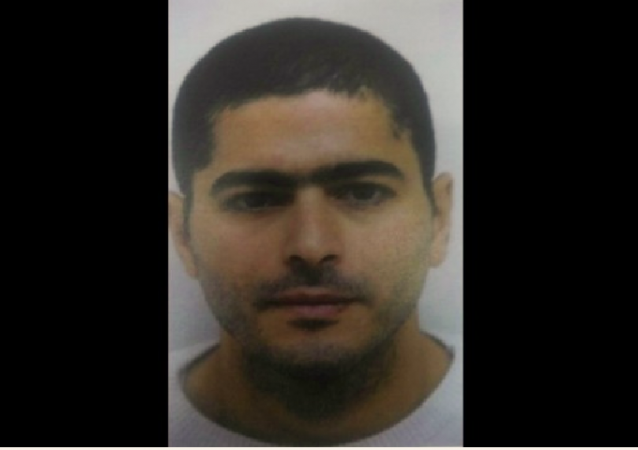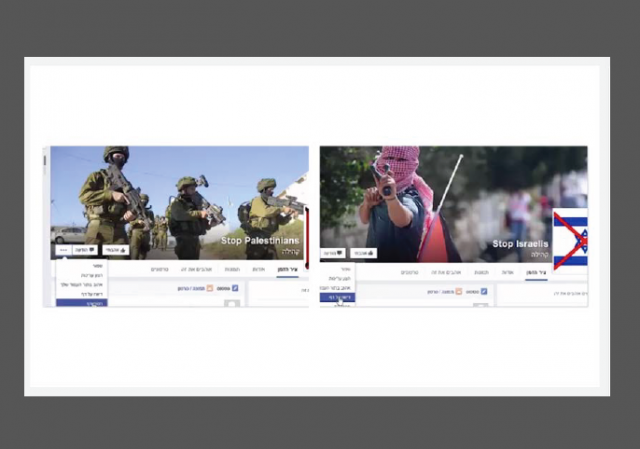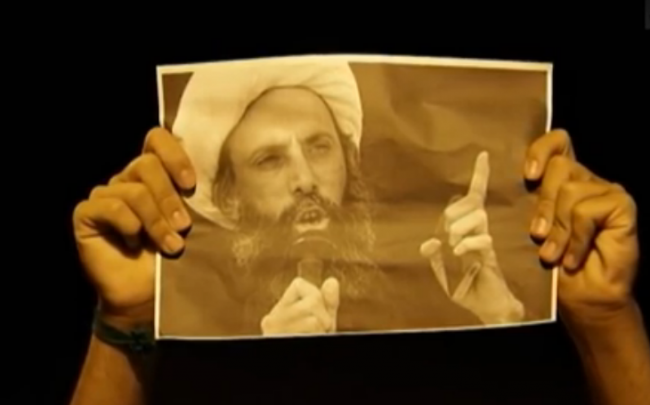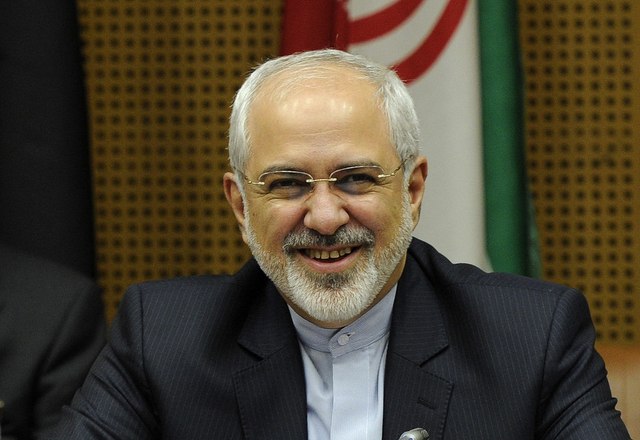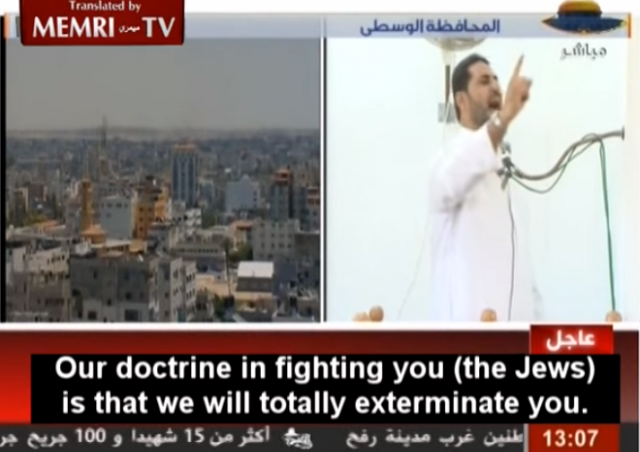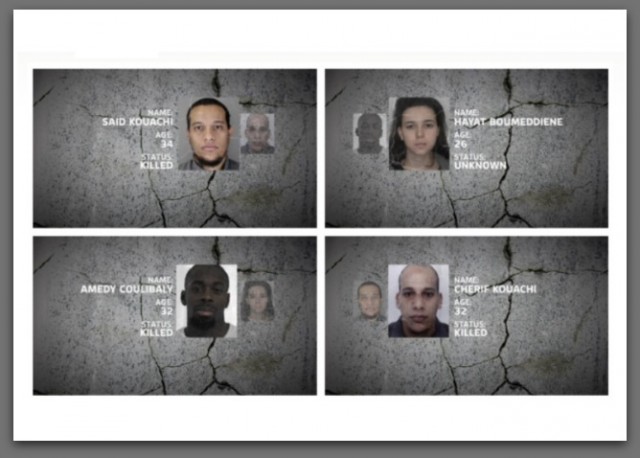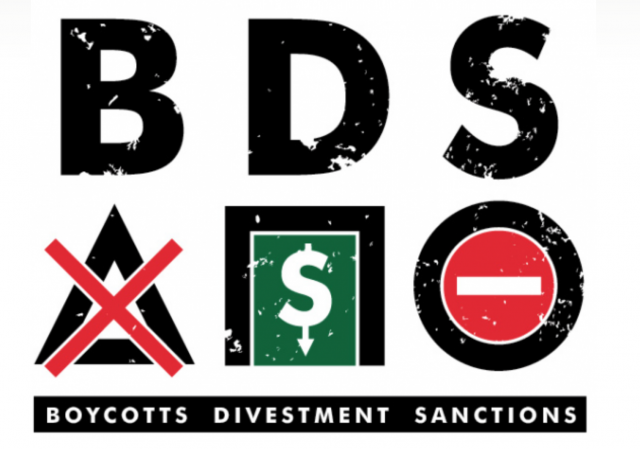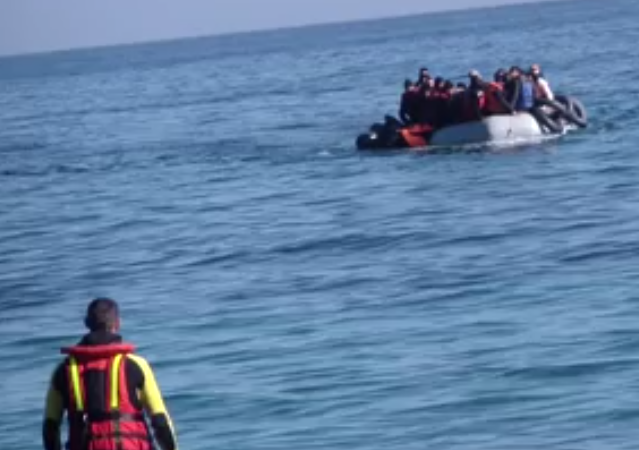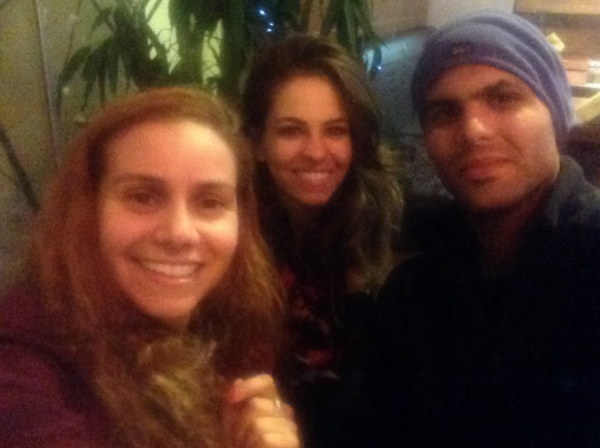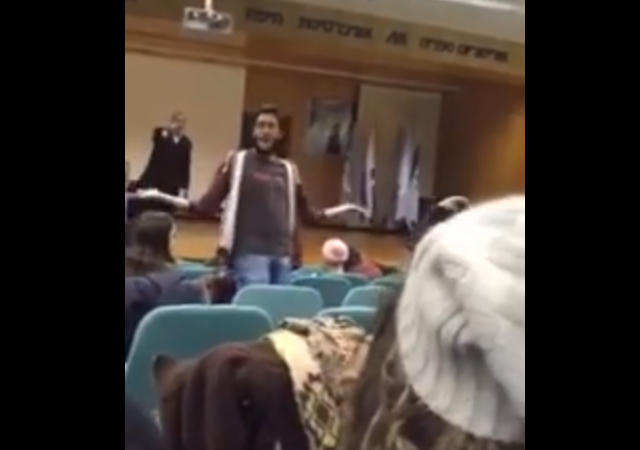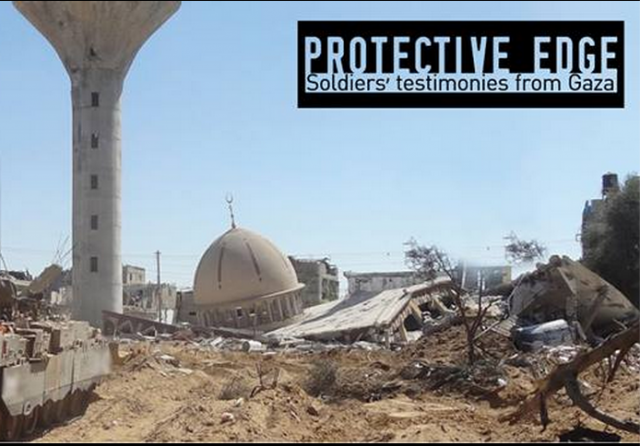Terrorist from Tel Aviv attack killed in northern Israel
on January 08, 2016
2 Comments
Nashat Milhem, the Israeli Arab gunman who killed two people at cafes in Tel Aviv a week ago and who is believed responsible for killing an Israeli Bedouin cab driver, had been on the run since the shooting.
 After a massive manhunt, Milhem was located near his hometown in northern Israel and was killed today by Israeli police.
The Times of Israel reports:
After a massive manhunt, Milhem was located near his hometown in northern Israel and was killed today by Israeli police.
The Times of Israel reports:
 After a massive manhunt, Milhem was located near his hometown in northern Israel and was killed today by Israeli police.
The Times of Israel reports:
After a massive manhunt, Milhem was located near his hometown in northern Israel and was killed today by Israeli police.
The Times of Israel reports:

